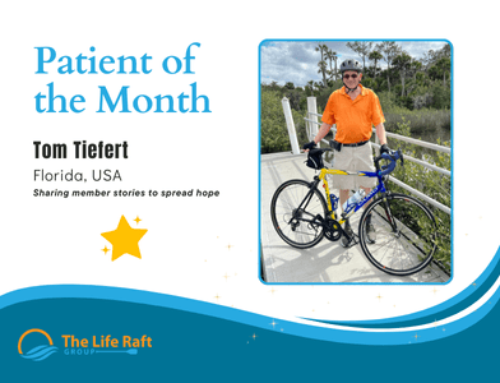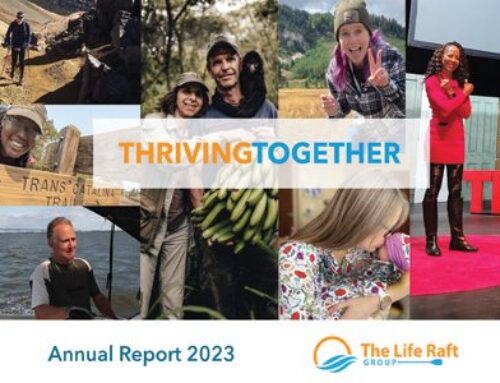Institutional Review Boards (IRBs) are the core of the well-established U.S. system for the protection of human research participants. IRBs were initially created to provide independent review of research conducted by researchers at their own institutions, impartial assessment of the ethical acceptability of proposed research, and a check on investigators’ interests.
Under FDA regulations, an IRB is an appropriately constituted group that has been formally designated to review and monitor biomedical research involving human subjects. In accordance with FDA regulations, an IRB has the authority to approve, require modifications in (to secure approval), or disapprove research. This group review serves an important role in the protection of the rights and welfare of human research subjects.
The purpose of IRB review is to assure that appropriate steps are taken to protect the rights and welfare of humans participating as subjects in the research. To accomplish this purpose, IRBs use a group process to review research protocols and related materials (e.g., informed consent documents and investigator brochures) to ensure protection of the rights and welfare of human subjects of research.
What is the purpose of the LRG Patient Registry?
Patients and their families or caregivers may choose to participate in one or any number of LRG sponsored activities, one of which is the LRG Patient Registry. The LRG Patient Registry’s roots started in late 2000 when members of an online listserv community began sharing information about the first clinical trial with Gleevec for GIST patients. The software used to record data has gone through several evolutions, including a change from Excel to Microsoft Access. Currently the data is stored in Microsoft Access and shortly we will release a secure online version.
The purpose of the LRG Patient Registry is to collect and store medical information and other information from individuals with GIST. Information from patients in this registry will be used for medical research to better understand GIST. Scientists studying GIST need more accurate, real-world information to understand how the disease affects people.
Data from the LRG Patient Registry has been and will continue to be used to provide real-world information about GIST patients. This information includes implementation rates of suggested testing such as mutational testing rates, drug plasma testing, off-label and clinical trial drug usage, and how different factors affect survival (such as mutation, age, gender, GIST type, mutational testing, etc.). The goals include comparing real world usage to existing guidelines, generating hypotheses for testing using more rigorous methods (such as clinical trials) and providing demographic information (such as variations in gender ratios by age, mutation type by primary tumor site, etc.). This data is published using various types of media including, but not limited to, medical journals and medical conferences.
What does it mean to the patient that LRG Patient Registry is IRB approved?
The mission of an IRB is to ensure the protection, safety, and welfare of human subjects (study participants).
Having an IRB approval means that an appropriately constituted research ethics board certified that they have reviewed every single step in the LRG Patient Registry Protocol and have found it ethical and privacy compliant, the study does not involve any physical risk to the patient and it may help researchers understand GIST better.
IRBs ensure that research protocols involving human subjects are ethical and that the rights of participants are protected, IRBs evaluate the following:
- The nature and purpose of the research;
- Proposed procedures involving human subjects;
- Risks or harms to the subjects – (including physical, psychological, sociological, economic, and legal);
- Benefits;
- Risk/benefit relationship;
- Subject population;
- Subject recruitment;
- Process of obtaining informed consent;
- Research data processing and storage; and
- Need and frame for IRB follow-up.
Any participant of the LRG Patient Registry needs to consent; they need to not only sign the form, but also understand the consent process, once the consent is signed, the person is considered enrolled in the study.
Who can I talk to about this?
If you have any questions, do not hesitate to contact the LRG staff at liferaft@liferaftgroup.org or 973-837-9092.
Study Title: Life Raft Group GIST Registry Protocol
Study #: LRG2013PR112
Sponsor: Life Raft Group, Inc.



